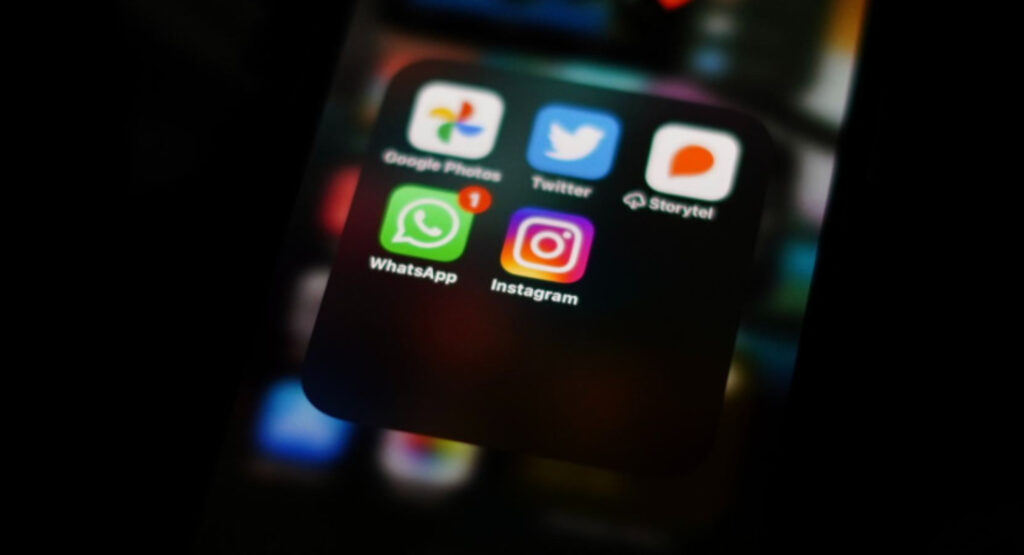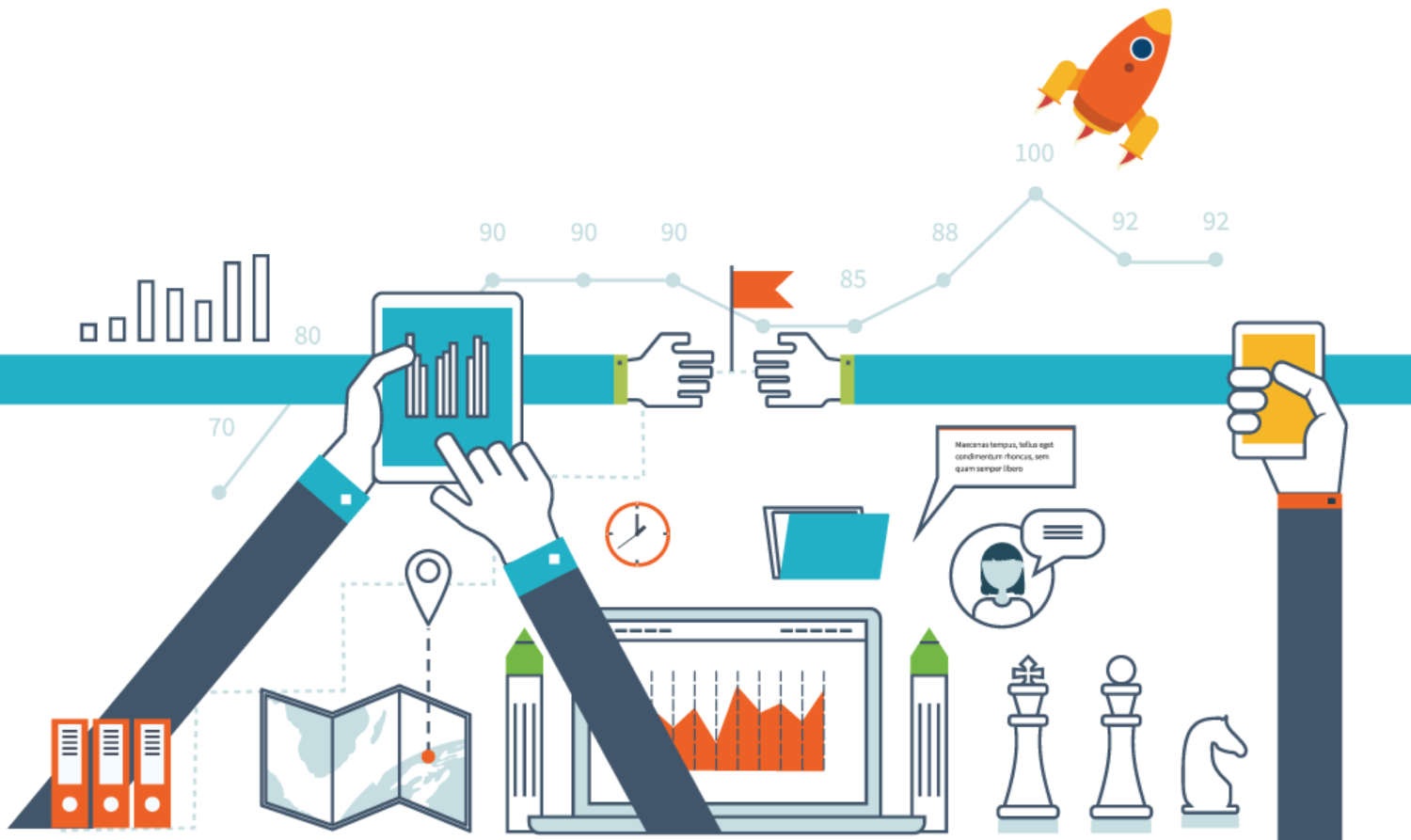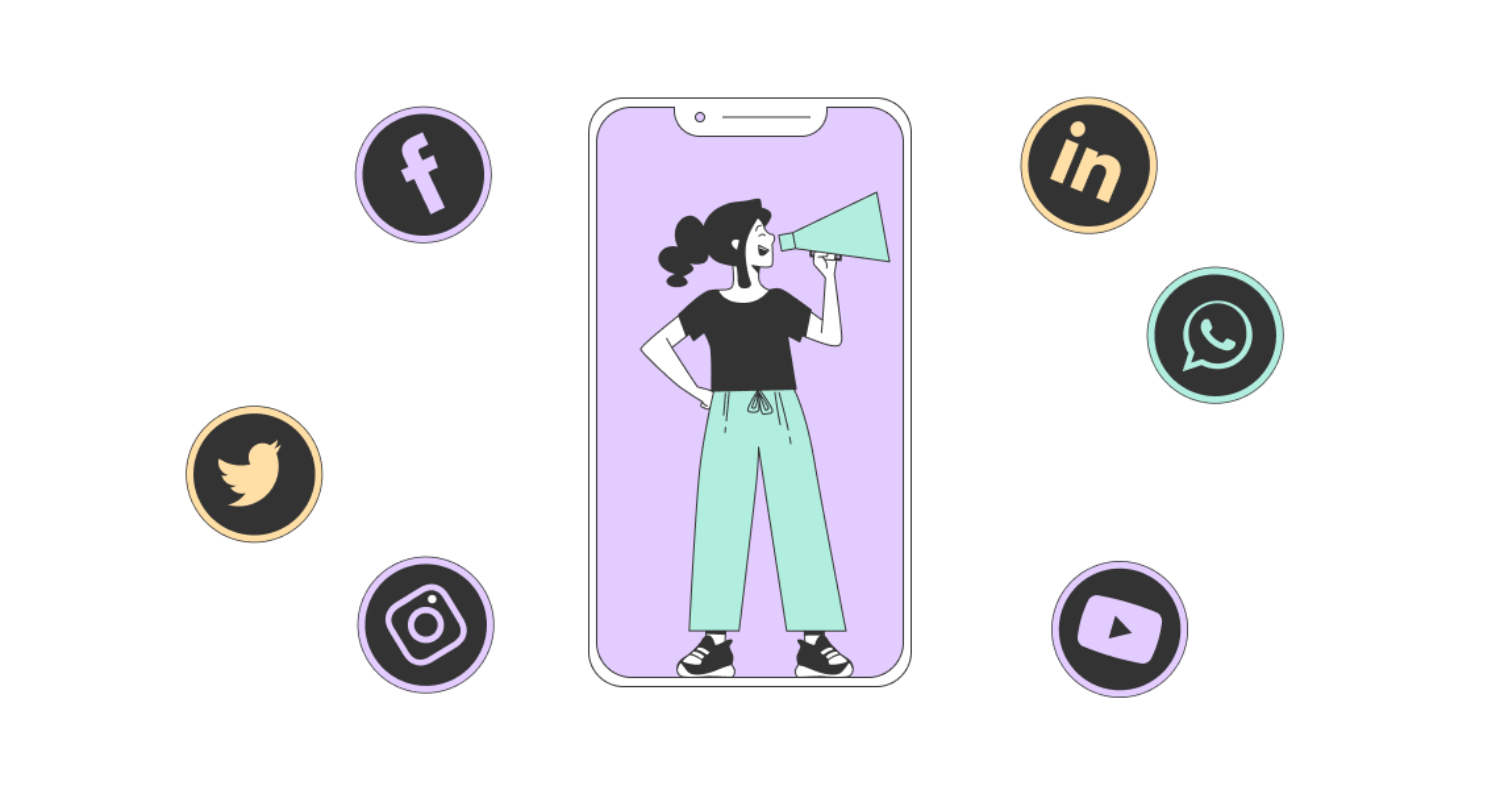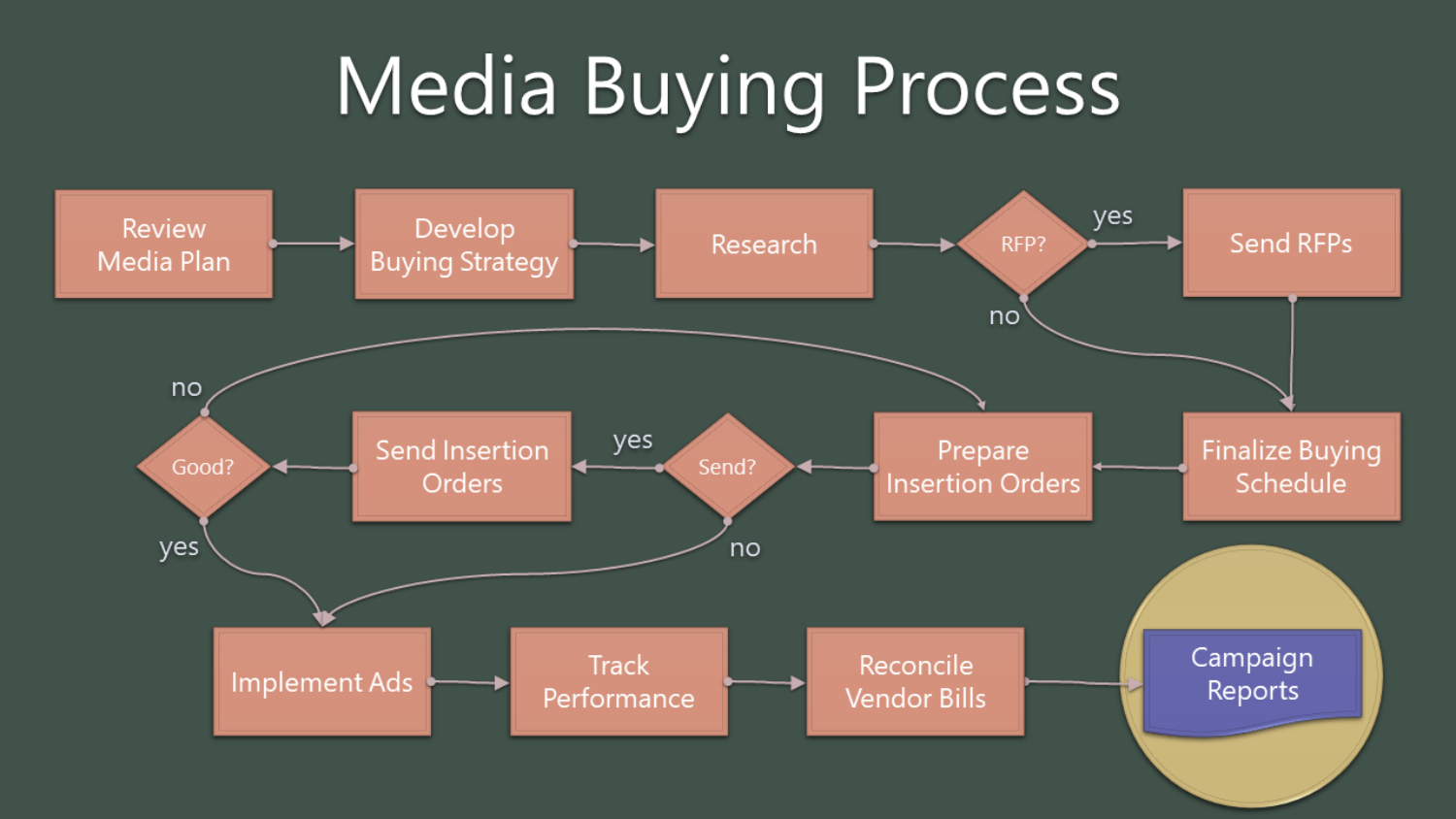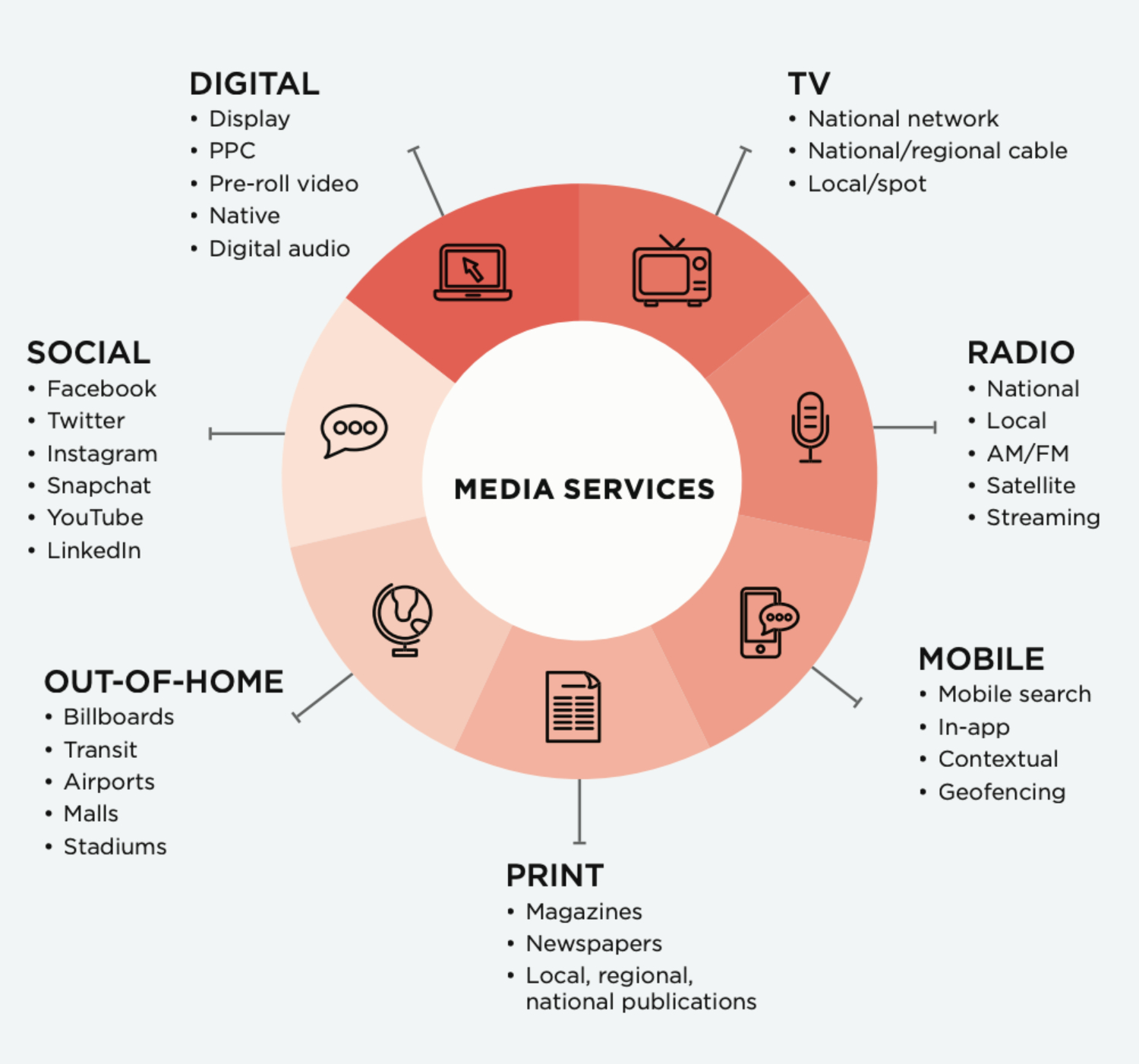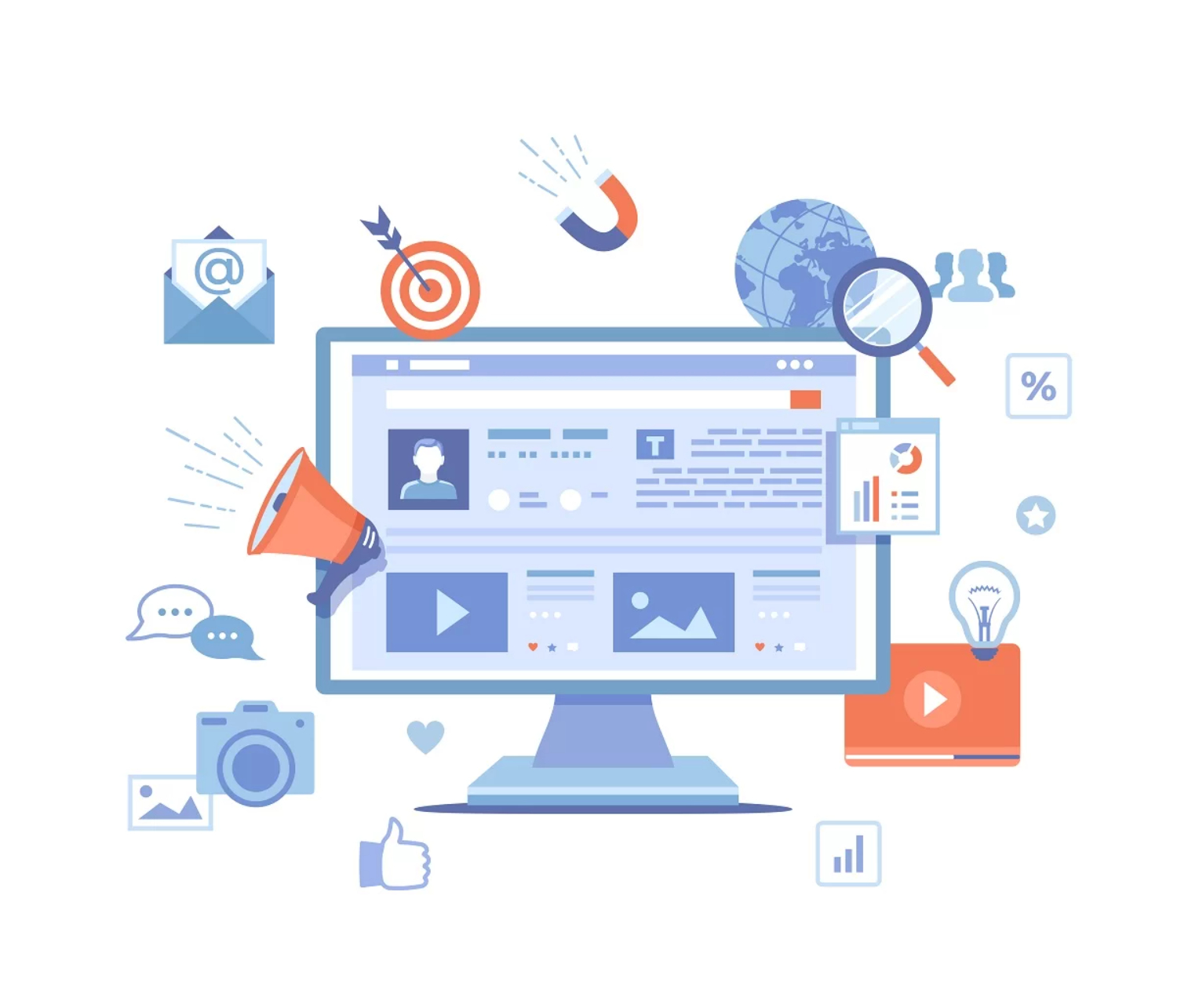Someone who plans, purchases, and uses digital advertising campaigns across various platforms and channels is a media buyer. They strive to maximize their client’s return on investment for their clients while communicating with a targeted audience. This article details what it takes to be a successful digital media buyer. The working of Digital Media Buying. Choosing the best advertising channel and how they identify target audiences.
Various digital media buying strategies. The technologies and instruments they are employing. How to test the results of their campaigns.
How to forecasts for the next phase/Future of digital media buying.
This article tackles what it takes to be a Successful Digital Media Buyer.
How digital media buying works, how to choose the best advertising channel and identify target audiences, different digital media buying strategies, technologies, and tools used, how to calculate the results of their campaigns, and predictions for the next phase/future of digital media buying.
How to Become a Successful Digital Media Buyer
First, digital media buying is purchasing and managing online advertising space to promote goods, services, or brands. One needs a variety of talents, including the following, to be an excellent digital media buyer:
Analytical abilities: The capacity to examine data, spot patterns, and analyze trends in campaign performance.
Practical communication skills are necessary for negotiating contracts, coordinating with customers and vendors, and presenting reports.
Marketing expertise: A thorough understanding of marketing principles and tactics is essential. It develops successful campaigns that connect with target audiences.
Technical expertise: To plan, carry out, and optimize campaigns, one must be familiar with necessary tools such as digital advertising platforms, ad servers, and analytics tools.
Time management abilities: In this fast-paced business, being able to multitask, rank projects, and meet deadlines is essential.
Working
Planning, carrying out, and optimizing online marketing initiatives to reach target demographics and fulfill particular company objectives are the duties of a digital media buyer.
Ultimately, the process of purchasing digital media includes several processes, such as :
Choosing the proper advertising channels, Determining the target demographic, Choosing attractive ad content, Starting the campaign, and Tracking its effectiveness.
A digital media buyer often uses socioeconomic and behavioral traits to determine the target audience. Then the buyer decides which advertising platforms will reach the target market. They consider spending limits, campaign objectives as well as online audience conduct.
Social media sites like Facebook and Instagram provide sophisticated targeting options and interaction analytics, making them perfect for campaigns to increase brand exposure and acquire new customers.
Video advertising is appropriate for brand recognition and engagement because it entails posting advertisements on video streaming websites like YouTube and Vimeo.
Effective Buying Strategies
Digital media buyers use several digital media buying tactics to reach target audiences. Programmatic and direct media buying are two of the most used tactics.
Programmatic media buying uses automated tools and algorithms, including selecting and optimizing advertising space across channels based on real-time data and audience insights. This approach is practical. It makes it perfect for big-budget campaigns that must be distributed and optimized.
Direct media buying entails acquiring ad space from publishers or ad networks. Above all, this tactic is appropriate for campaigns that call for precise targeting or customization. It gives more control over the placement and content of adverts.
The best digital media buying plan based on the campaign goals should be chosen accordingly. Programmatic media buying is often preferable if the aim is to optimize fast while reaching a large audience. But, direct media buying might be more successful if the campaign calls for specific targeting or personalization.
Tools and Technology for Media Buyers
To plan, carry out, and optimize online advertising campaigns, digital media buyers equally employ various tools and technology. Demand-side platforms (DSPs), advert servers, and data management platforms (DMPs) are some tools that digital media buyers most frequently utilize.
Demand-side platforms (DSPs) are computerized systems that let digital media buyers buy and optimize ad space across various channels based on real-time data and audience insights.
Digital media buyers can oversee and track the distribution of ads across many platforms with the aid of ad servers. They enable exact targeting, ad personalization, and thorough reporting altogether.
Digital media buyers can gather and analyze audience data using data management platforms (DMPs).
For those on a tight budget, several well-liked solutions, including Google Ads, Facebook Ads Manager, and Amazon Advertising. For those with lavish budgets and complicated campaigns, The Trade Desk and MediaMath may be preferable.
Success in DMC
To ascertain whether campaign objectives have been met and to optimize campaigns for better results, measuring the effectiveness of digital media initiatives is crucial. Key performance indicators( KPIs) are used to understand how digital marketing initiatives perform.
Impressions, click-through rates, conversion rates, cost per click, return on ad spend, and cost per acquisition is typical KPIs used accordingly.
Also, Digital media buyers can test many factors, like ad creative, targeting criteria, and bidding tactics, to optimize campaigns utilizing performance data.
In general, evaluating the performance of digital media campaigns is essential for reaching campaign objectives and making wise decisions. Digital media buyers may increase the efficiency and efficacy of their campaigns.
Hence, leading to improved ROI and business outcomes by tracking KPIs & optimizing them based on performance data.
Future of Digital Media Buying
The market for buying digital media is changing, and several new technologies and fashionable trends are influencing it. Hence it will develop in the future. It’s predicted that Programmatic advertising is one major trend that will gain popularity eventually. Also, Advertisers look for more effective ways to reach their target customers.
Technologies can help automate and stream media buying procedures, resulting in more effective and efficient campaigns.
Virtual and augmented reality, voice-activated marketing, and advertising based on blockchain are other innovations in the digital media buying sector.
More sophisticated AI and machine learning capabilities, expanded usage of immersive technology, and increased customization and targeting will likely define the next phase of digital media buying accordingly.
FAQs
Let’s discuss some of the most popular queries that arise for Digital Media Buying:
What is digital media buying?
The process of acquiring and handling internet advertising space to market products, services, or brands is known as digital media buying. To plan, carry out, and optimize marketing initiatives across various channels and reach specific audiences, digital media buyers use multiple tools and platforms.
What skills are necessary to be an effective digital media buyer?
To be successful, a digital media buyer needs a variety of competencies, including analytical prowess, marketing knowledge, good communication ability, technical know-how, and time management skills. To thrive as a digital media buyer, you must continue studying and staying current with emerging trends and cutting-edge industry practices.
What are the digital media buying strategies?
Digital media buyers can use various strategies to reach their target audiences and achieve specific campaign goals. Direct media buying and programmatic buying are the most popular strategies. Programmatic media buying uses automated tools and algorithms based on real-time data and audience insights to select and optimize ad space across multiple channels. Direct media buying involves negotiating and manually placing ads after they have been purchased from publishers or ad networks.
What tools and technology do digital media buyers use?
Demand-side platforms (DSPs), ad servers, and data management platforms (DMPs) are some of the tools and technologies that digital media buyers utilize. DSPs allow digital media buyers to purchase and optimize advertising space across various channels using real-time data and audience analytics. Ad servers make exact targeting, ad customization, and extensive reporting possible. Data on audiences is collected and analyzed using DMPs.
What are the future trends in digital media buying?
A significant trend that is likely to gain popularity as technology advances and advertisers seek more efficient ways to reach their intended demographics is programmatic advertising. Technologies can assist in streamlining and automating the media procurement process, resulting in more effective and efficient campaigns. Among other emerging trends are artificial intelligence, voice-activated digital assistants, and virtual and augmented reality
Conclusion
Finally, digital media buyer is essential to the success of digital advertising since they plan, get, and implement successful campaigns that reach their client’s target audiences and maximize their return on investment. To be a strong digital media buyer, one needs analytical capabilities, superb interpersonal talents, marketing expertise, technological expertise, and time management ability.
Choosing the best advertising channels, identifying the target audience, selecting engaging ad content, launching the campaign, and finally monitoring its success are all steps in digital media buying.
Digital media buyers use programmatic and direct media buying, and they use a range of software and hardware. While choosing the best instruments to cater to specific needs and budgets, digital media buyers must consider factors, including campaign goals, target demographics, available resources, and the expertise required to use the tools.
However, One needs to be prepared to learn new things, stay current on trends, and use the most cutting-edge techniques in the industry to flourish as a digital media buyer.

